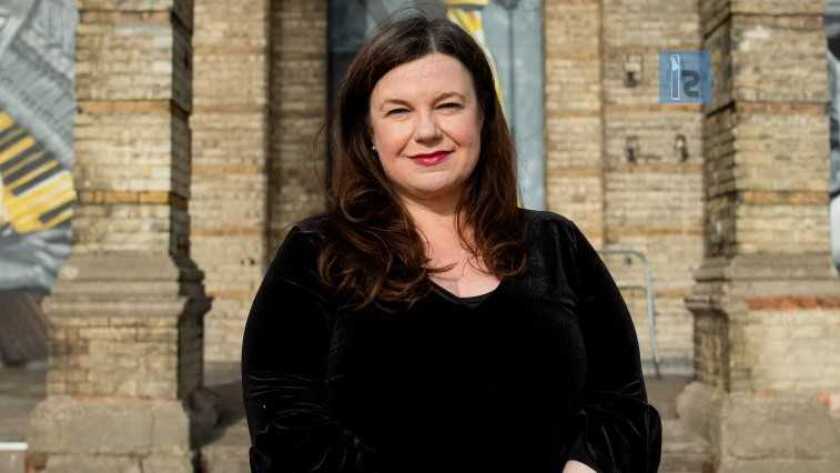“Projects like this one can demonstrate a lasting impact on energy efficient computing and data centre design, based on making the most of circular economy design and open source hardware and software together," said Amanda Brock (pictured), CEO at OpenUK
"We think this is the first time this approach has been taken, and we are pleased that the Eclipse Foundation will support getting more users to take advantage of this work. We’re also pleased that the name - Patchwork Kilt - will be a reminder of the COP26 conference and the role that this conference will play in how companies and communities respond to the climate crisis.”
The new project, to be called Patchwork Kilt, will create a framework for organisations to adopt more energy efficient design in how they build, operate and manage the supply chain for their data centres. This in turn will help create more carbon neutral and perhaps even carbon negative data centres.
“The demand for data centres is not abating and the amount of power required by new applications and services will grow," said Mike Milinkovich, executive director at the Eclipse Foundation.
"As the Internet of Things grows and edge computing develops, the Patchwork Kilt project represents an innovative approach to carbon neutral implementations. We are very happy to accept this project alongside our existing open source IoT and supply chain projects which are used to benefit millions of people every day.”
Using edge computing and 5G, the project enables the use of derelict building stock, creating smaller data centres closer to the end user. In doing so, further energy efficiency and circular economy benefits can be achieved compared to building and operating larger standalone locations.
The Eclipse Foundation will lead the project and support its ongoing development and expansion so that more contributors and adopters can leverage this work.
“So what is the central and urgent mission for COP26? Methinks it is to solve a planetary wide climate emergency and without doubt this is a complex systems problem, so that's why all of the keynotes on day one at COP26 emphasised the need for worldwide open collaboration," added John Laban, European director at the Open Compute Project Foundation.
"The largest machine ever made by Homo Sapiens is the Internet and the most complex puzzle ever solved by Homo Sapiens is probably mapping the Human Genome and both of these were achieved by forming worldwide open collaborative commons. The millions of Open source technology hackers/makers working today can contribute hugely to the actions required to solve the climate emergency so why not use them and learn from them the art of complex systems collaboration to solve the climate emergency problem fast.”
In addition, Patchwork Kilt will combine open source hardware and software with the full circular economy model, with the aim to re-use, recycle and repurpose as much as possible, and has been designed by participants from OpenUK, the Open Compute Project, the Sustainable Digital Infrastructure Alliance (SDIA), ITRenew, the Scottish 5G Centre and the Octopus Energy Centre for Net Zero.
“Moving data centre design forward, while at the same time rebalancing how we approach digital infrastructure from a resource consumption and environmental impact perspective, is critical," added said Max Schulze, executive chairman at SDIA.
"The open source community has overcome some of the great challenges in the past, through collaboration and shared values. That’s why we are happy to see that the Eclipse Foundation, and with it the open source community, will take this framework further.”






